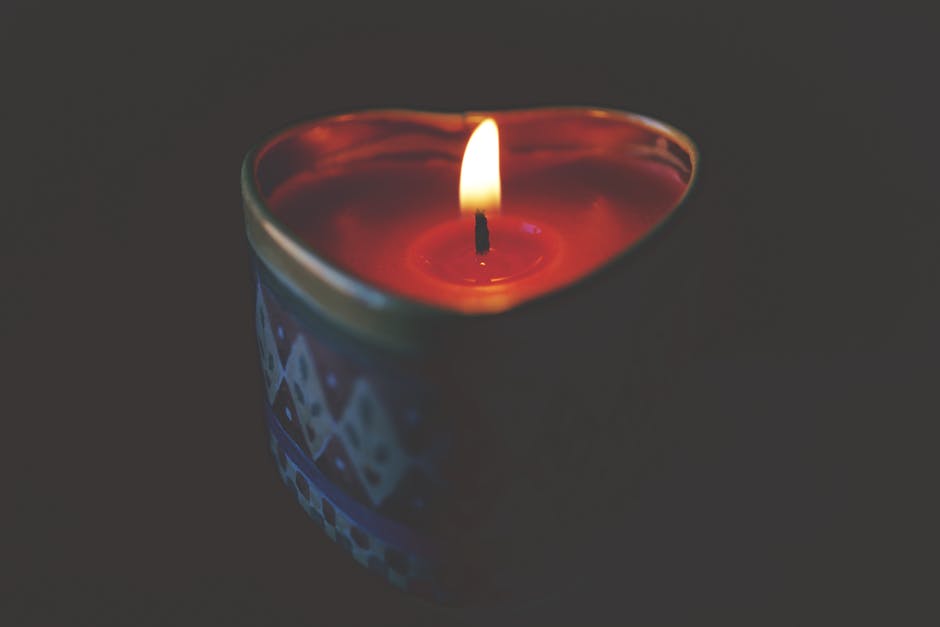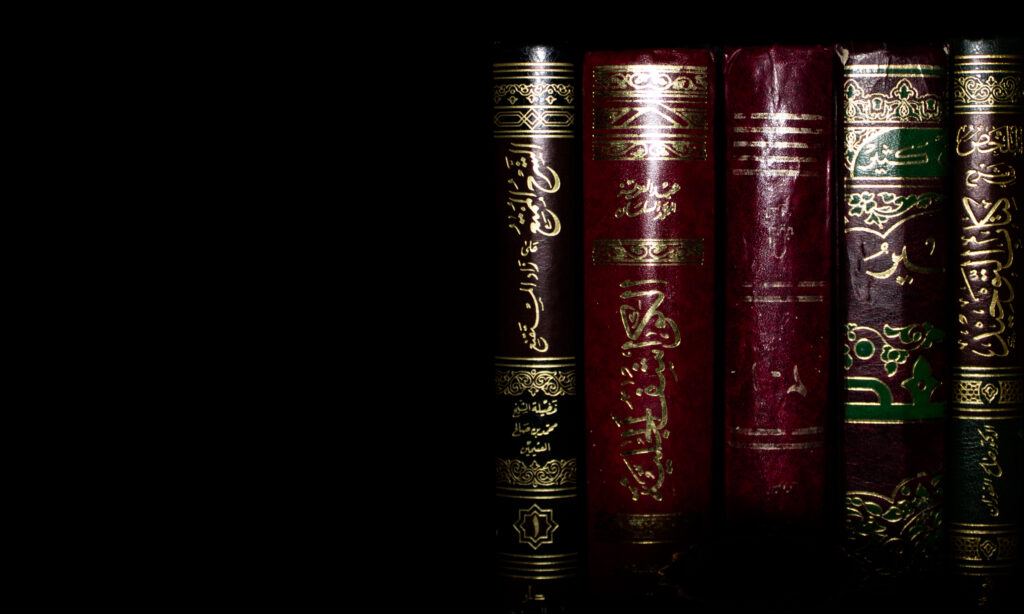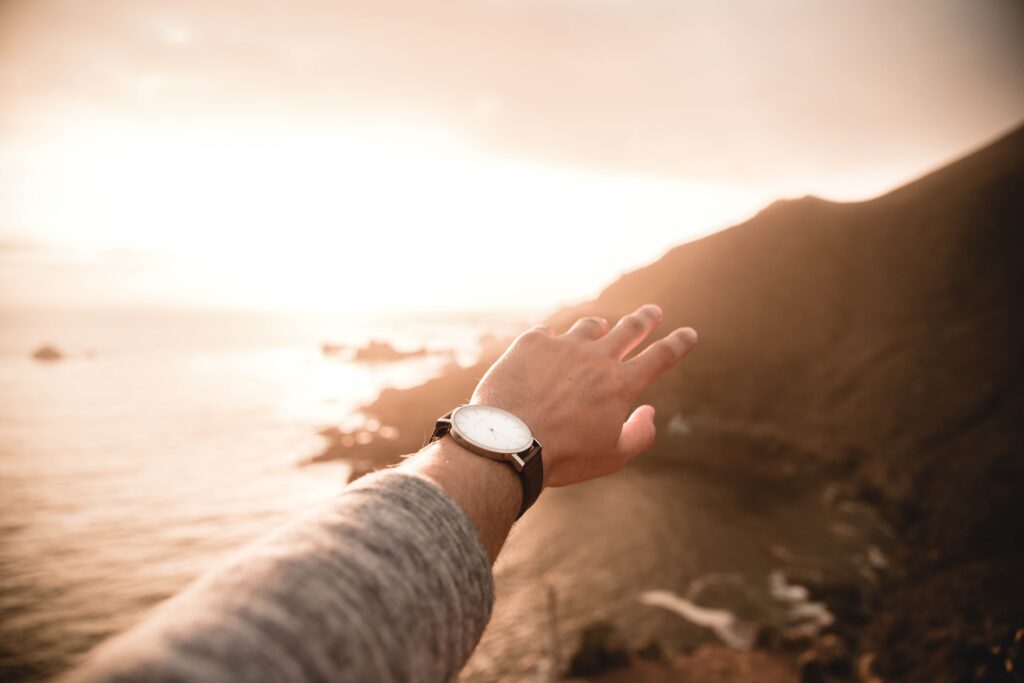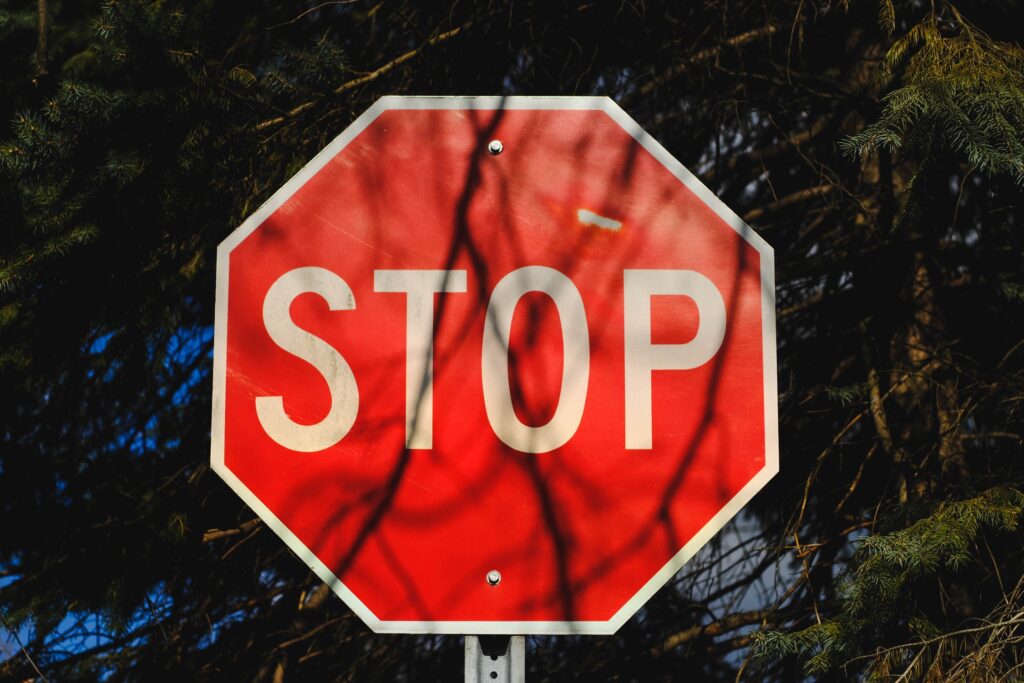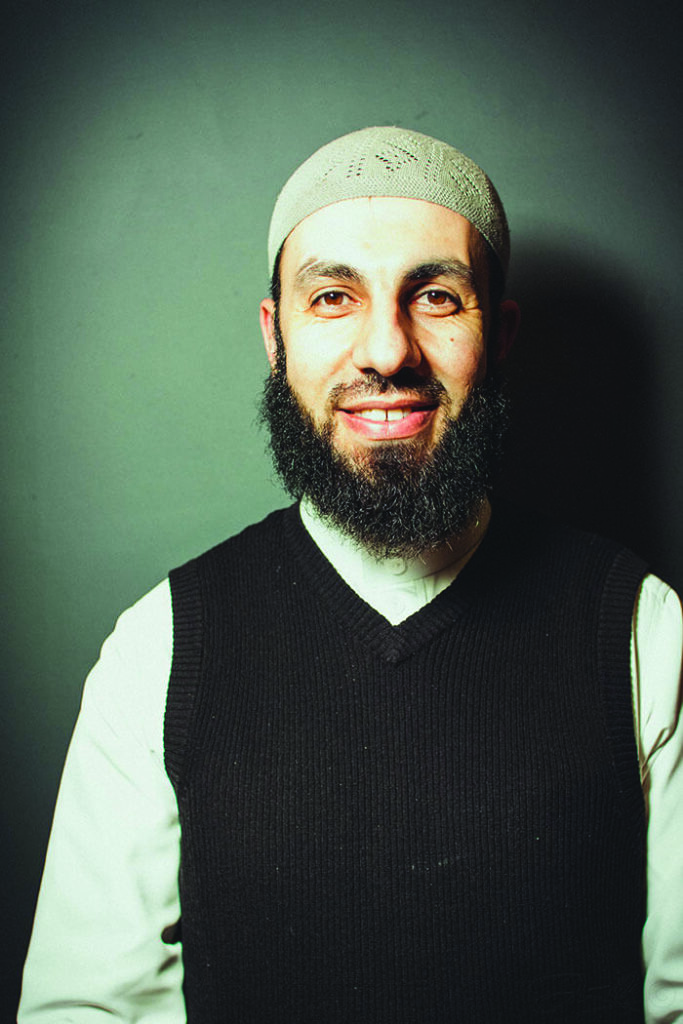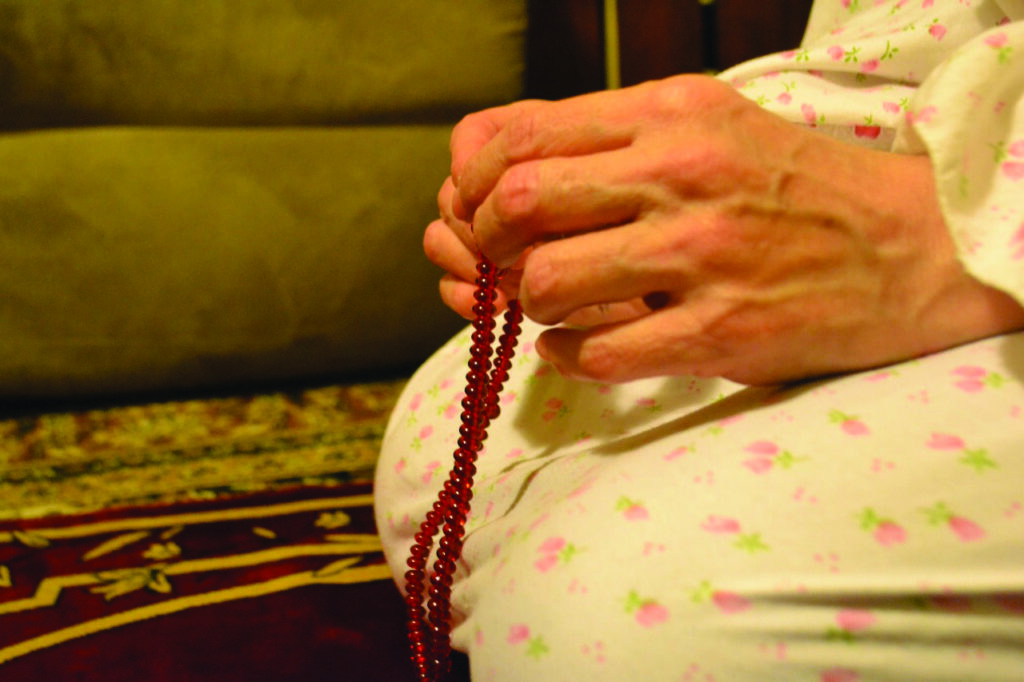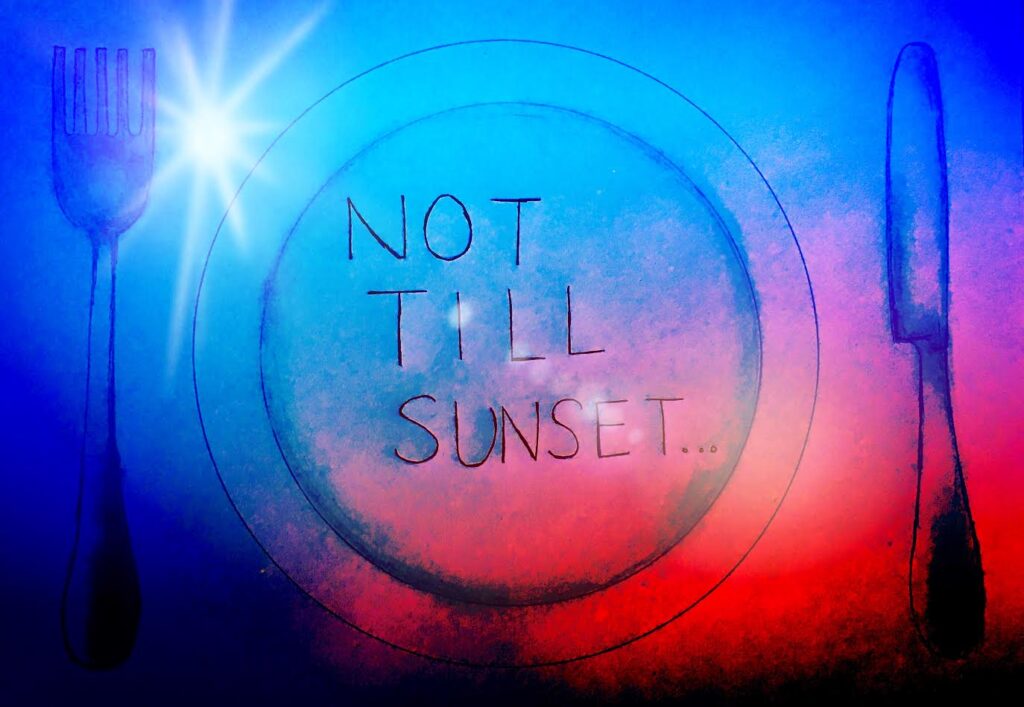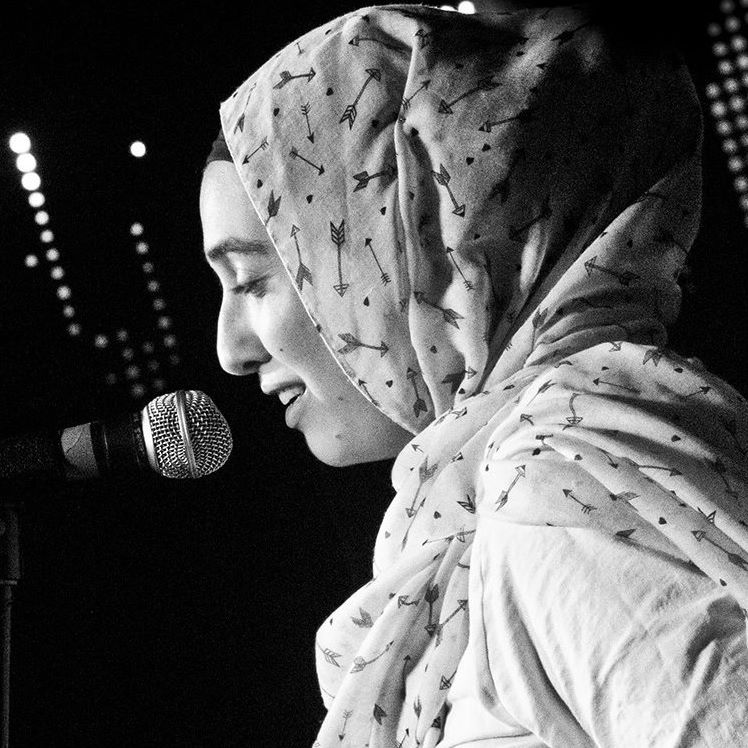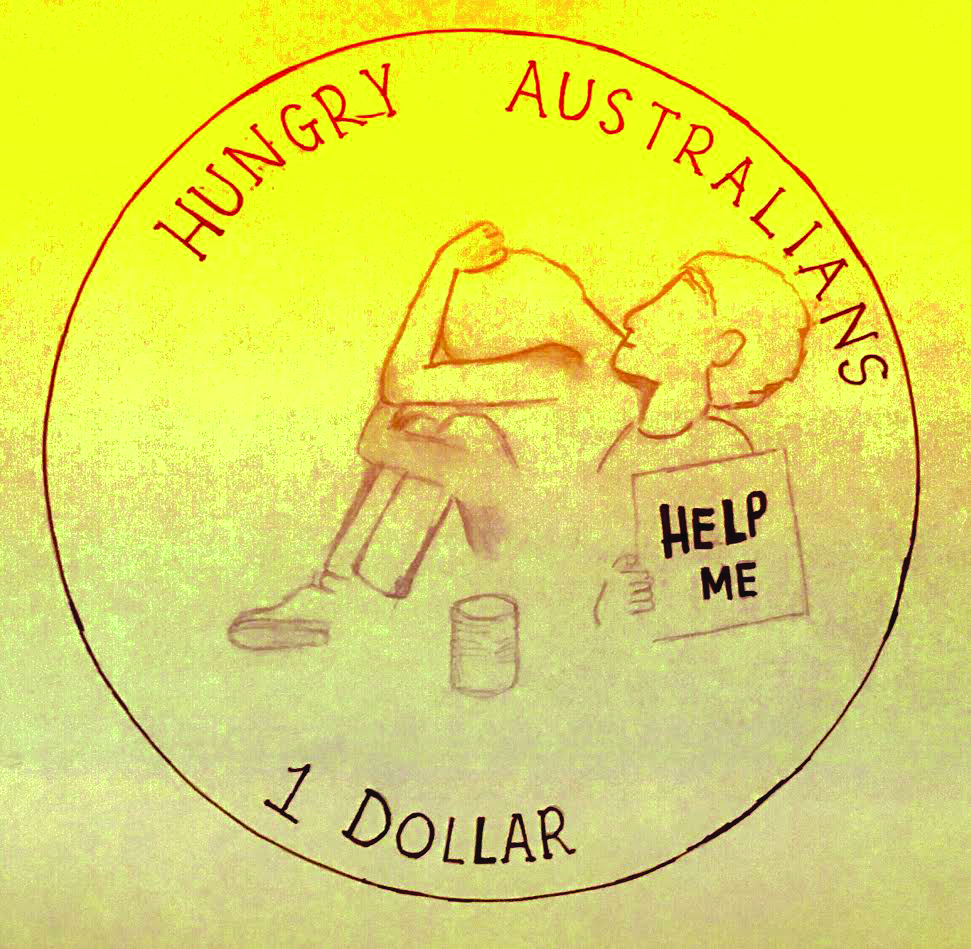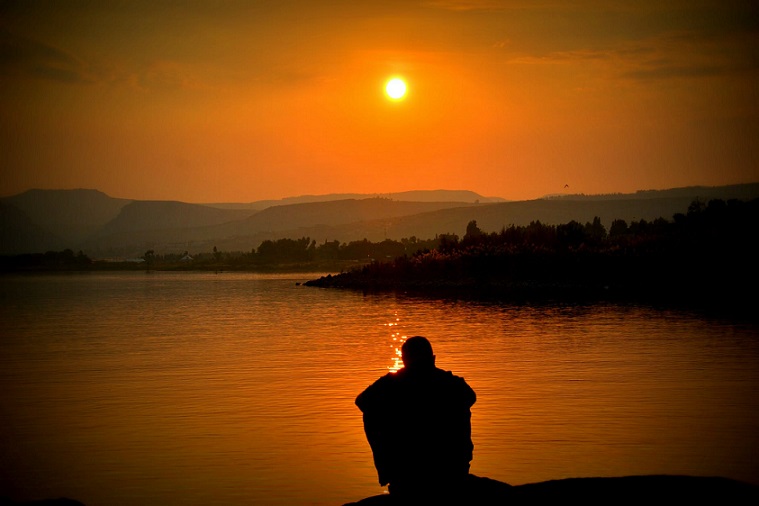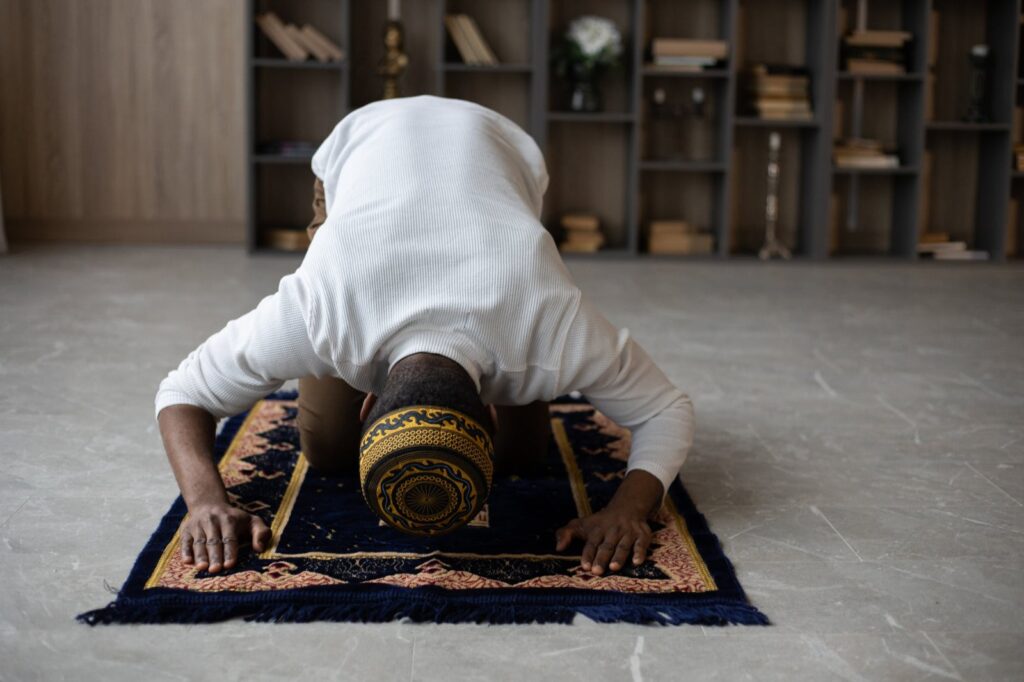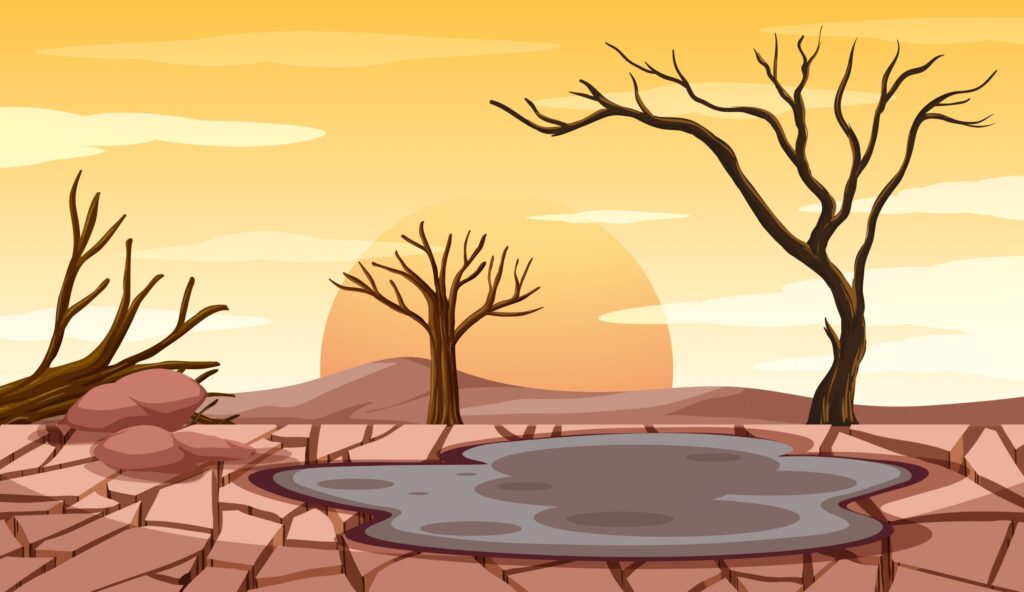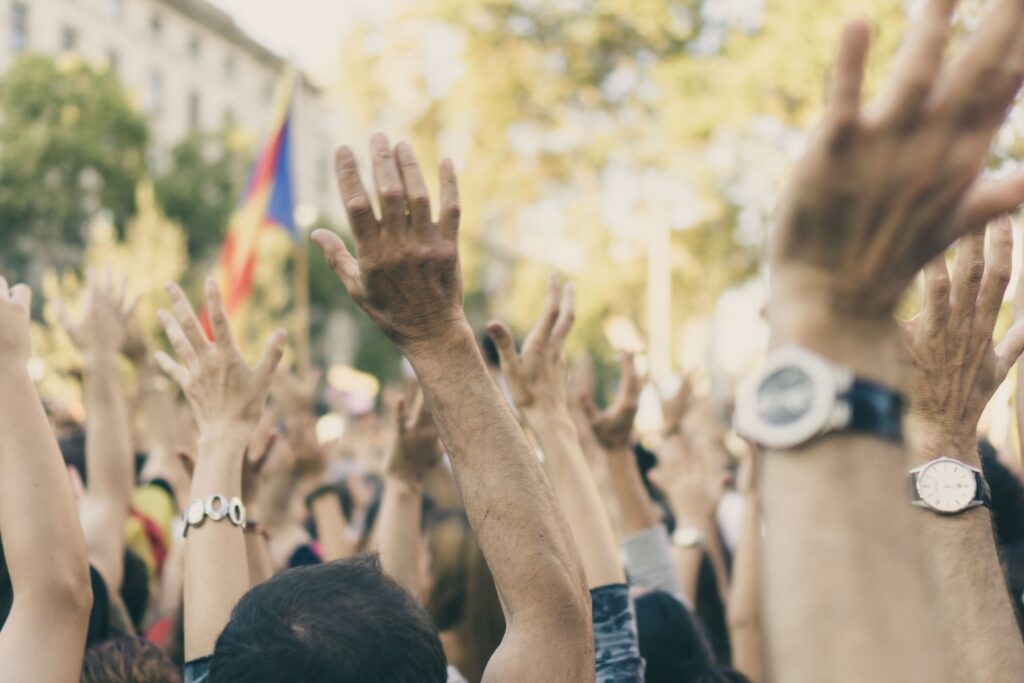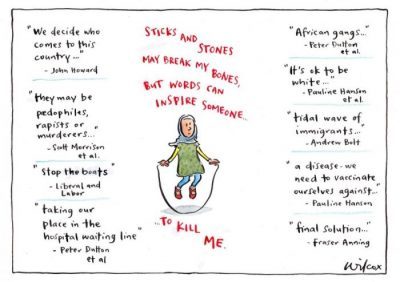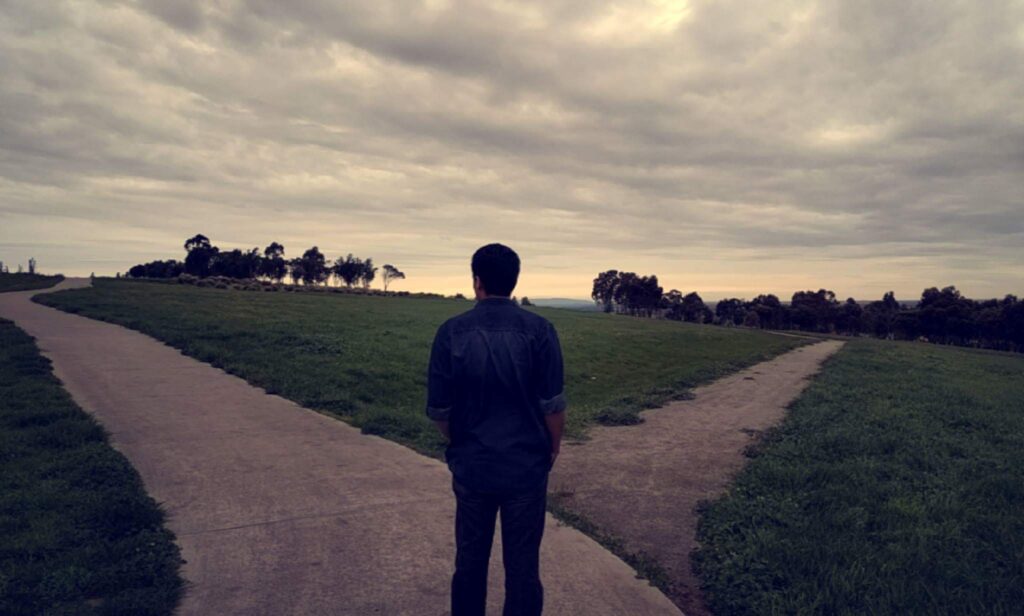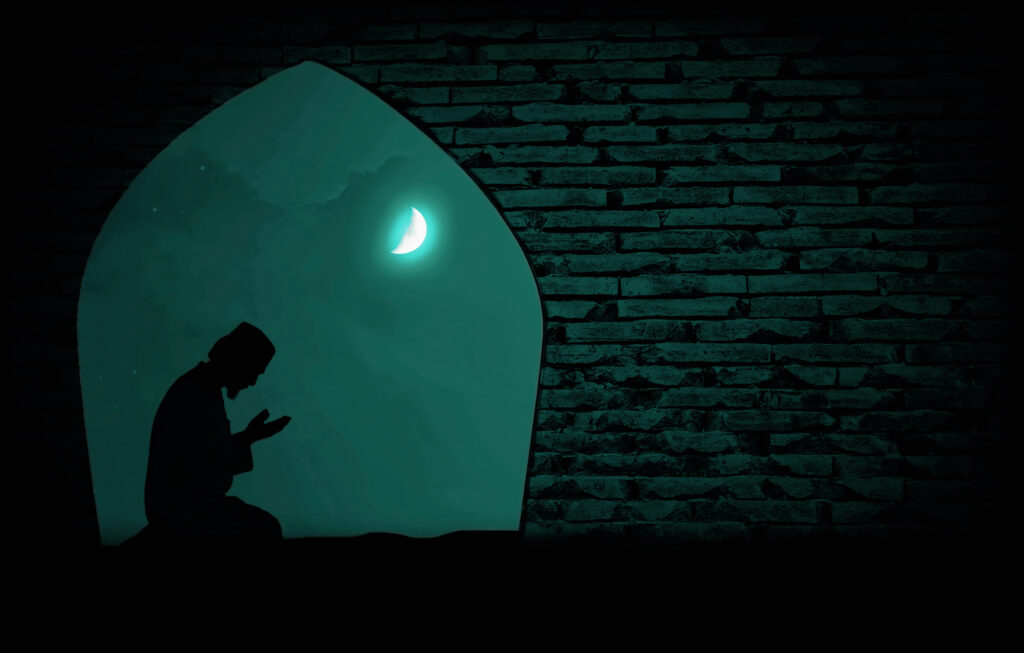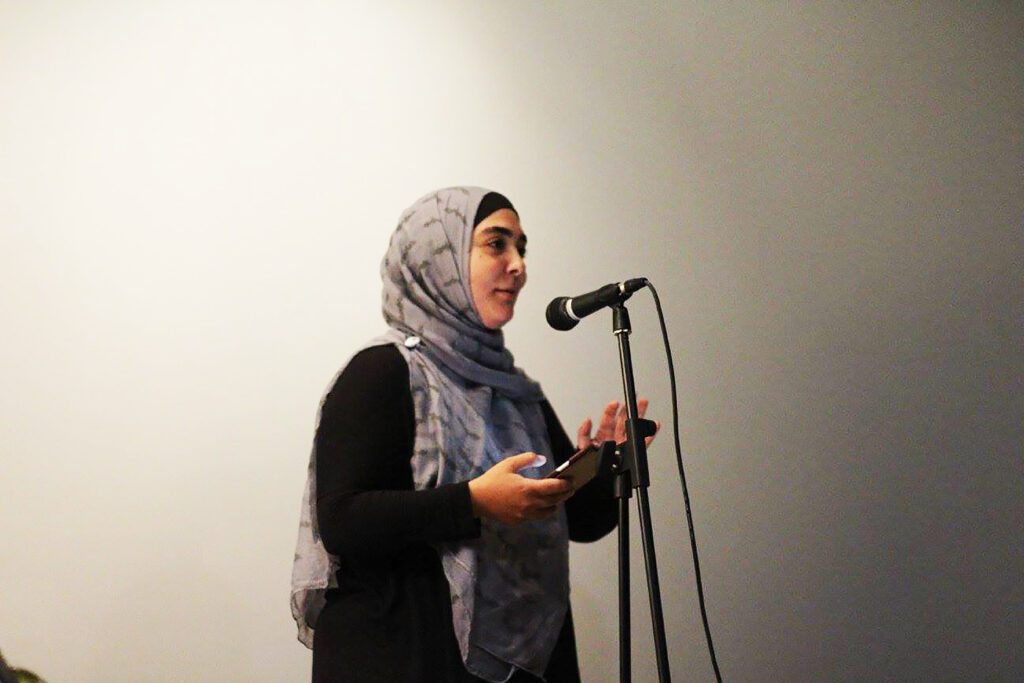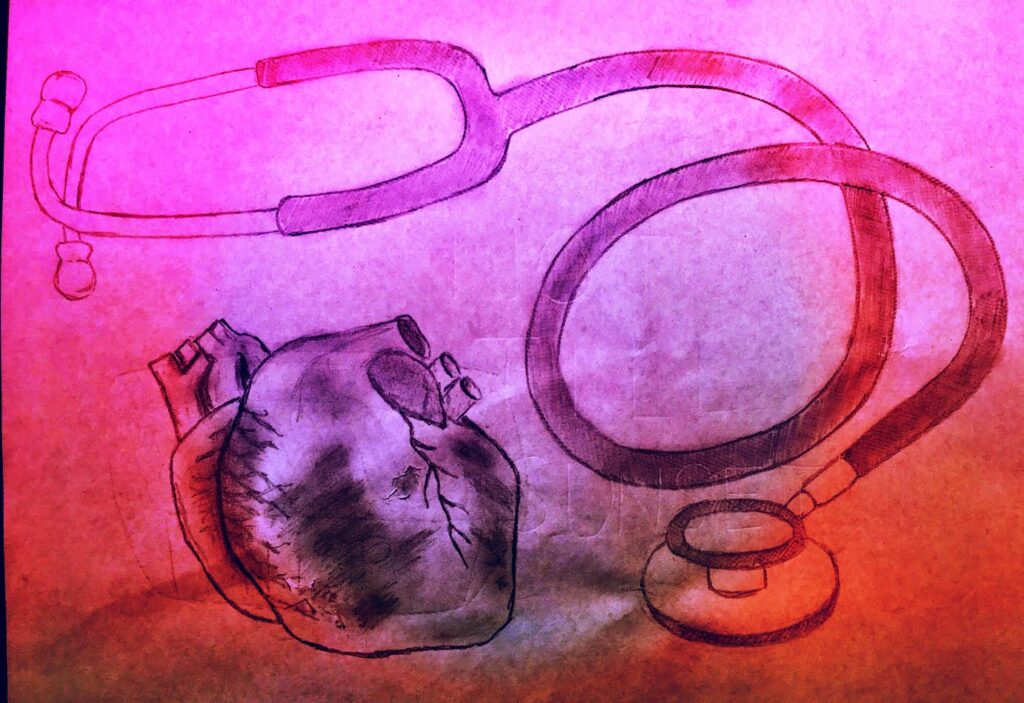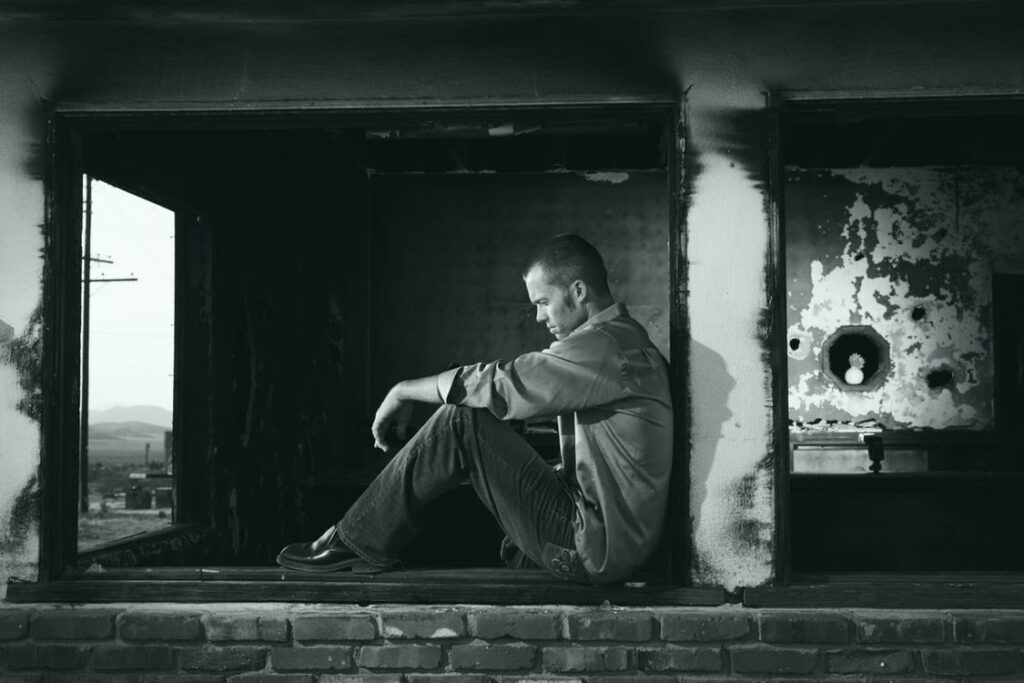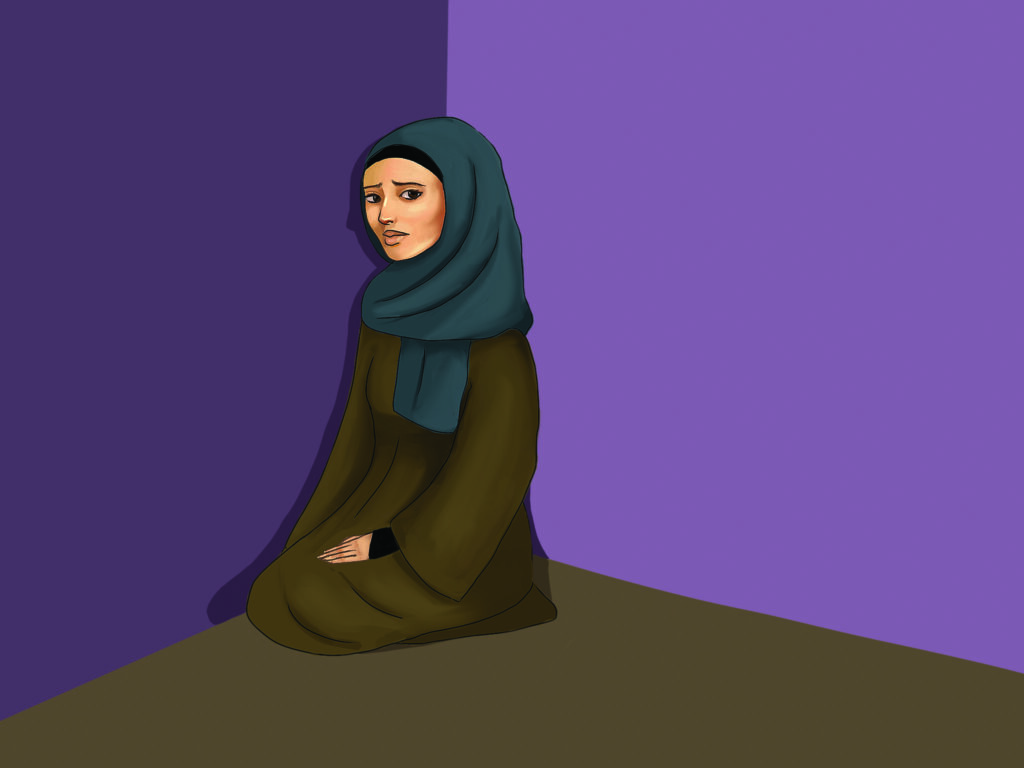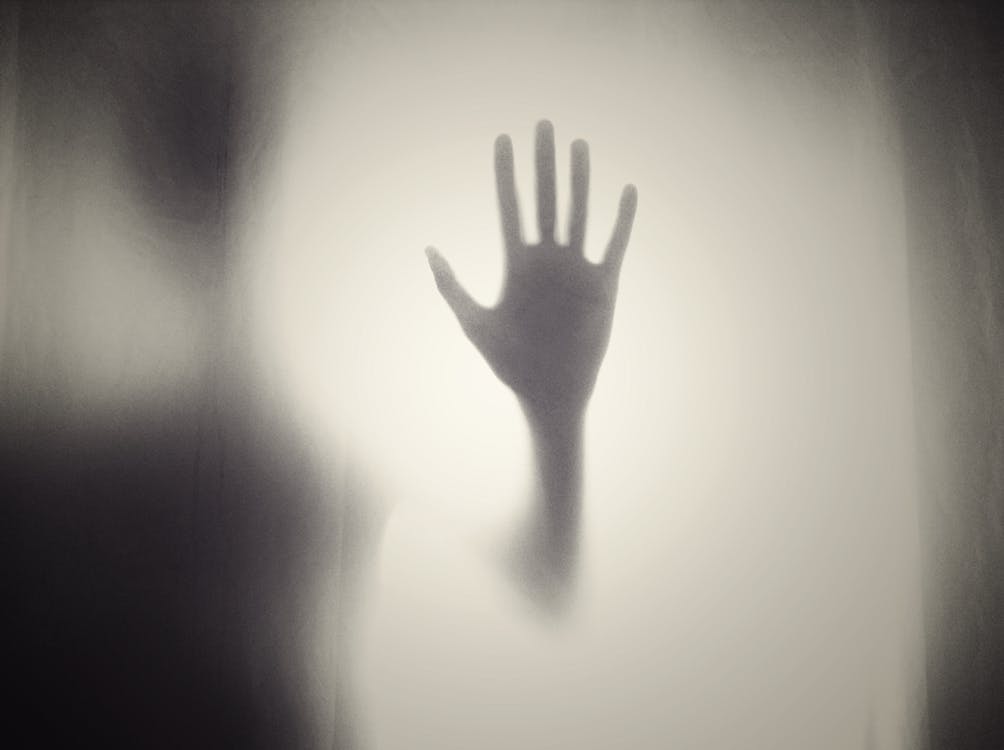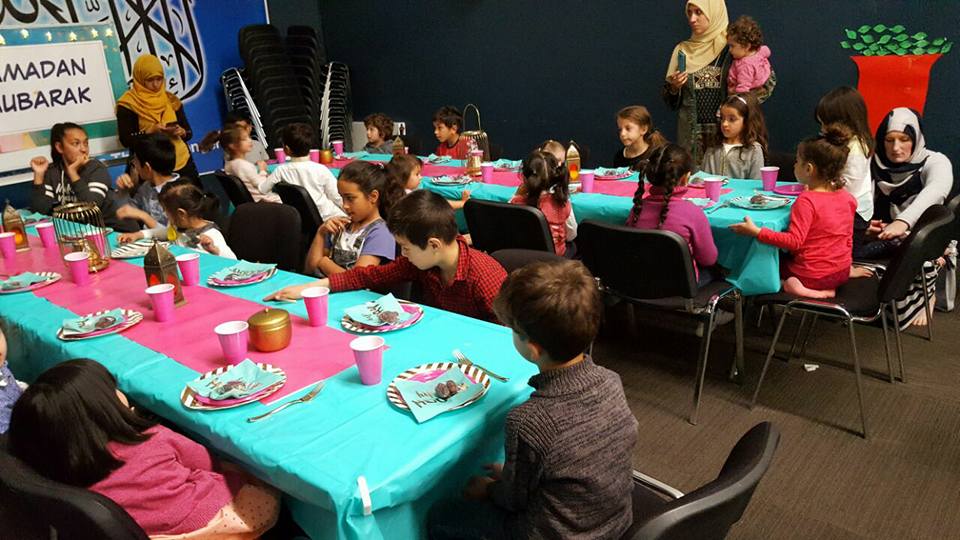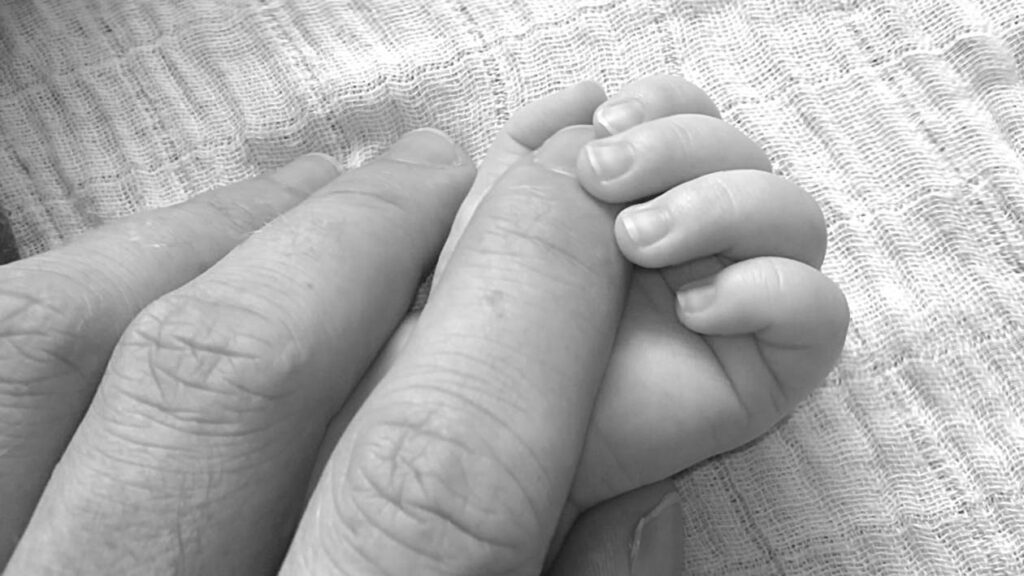Pornography: Destroying The Souls of Our Youth

PORNOGRAPHY: Destroying the souls of our youth
Interview with Sh Wael Ibrahim
Q.1 Tell us about yourself and why you decided it was important to embark on this journey towards addressing the issue of pornography in the Muslim community.
My name is Wael Ibrahim, I am a certified life and business coach. I am a very keen researcher in the field of porn and undesirable sexual addiction. I’ve studied and been trained under sex therapists and psychologists and attended courses approved by the FL Board of Clinical Social Work, Marriage & Family Therapy and Mental Health Counseling, including Dr. Dawn Elise Snipes.
First of all, when I intended to address the issue of pornography addiction, I was not focusing on the Muslim community, although my first audience was all Muslims. Following the teachings of the Prophet Muhammad PBUH who said: “The best of all people are those who are most beneficial to all people”, helping people in general, Muslim or non-Muslim has become my mission.
Second, the main reason why I’ve taken this tricky path are a couple of incidents that took place about 10 or more years ago. They are, without delving into too many details:
- An 18 year old boy who wanted to commit suicide as a result of his porn addiction as well as his Porn Induced Erectile Dysfunction, which later on had turned into a severe medical condition that has not allowed him the opportunity to get married.
- A divorce case which took place because the father was caught by his daughter masturbating to porn, as a result the wife found out and decided to end the marriage.
- A young girl was sexually harassed by her father who was addicted to pornography and other substances.
These stories, and thousands of other similar stories that followed later on, plus my upbringing which involved similar actions in the past, had pushed me to address the matter publicly. At first, I thought these issues were not as prevalent in the Muslim community, as I discovered later on. In fact, I was terribly mistaken.
For example, in a survey that was carried out by the AWARE campaign that I am heading now, in the English speaking world, around 80% of participants who joined the survey had known or still know of someone who is addicted to pornography. That’s alarming. However, what is even more shocking is that most of them are also aware of the dangerous effects of pornography, yet they were silent about it until I started the conversation. That’s why I have taken it on in my field.
Q.2 What impact does pornography have on relationships?
This is humongous. In brief, pornography causes some changes in the brain, one of them being sensitisation or brain conditioning. Which means, the more you stare at pornography, the more you store it in your brain, and in no time your brain will register the activity as part of your survival. This will ultimately lead to multiple issues:
- Lack of interest in intimacy i.e. a person will prefer pornography over real sexual relationships.
- Comparison and high expectation. i.e. spouses cannot compete with porn stars and this is a fact. Not because spouses are not beautiful and/or attractive, however porn films will over-stimulate the brain which leads the person to believe that his/her spouse is no longer attractive, thus, when the expectation is not met, the love and connection between spouses vanishes.
- Sexually Transmitted Diseases: Porn addiction is known as behavioural addiction or sexual compulsive disorder. Any addictive behaviour is bound to escalate and as a result many porn addicts tend to satisfy their fantasy by visiting illegal prostitution houses, dirty massage places and/or indulge in multiple sexual relationships. In the long run, many sexual diseases may transfer from one partner to his/her spouse.
The impact is no longer affecting the individual solely: it could break down families, and cause trauma to young children who may become exposed to explicit sexual images at a very young age. In short, we could write essays on the dangerous harms that pornography could cause to couples and family members.
Q.3. Would you class pornography as an addiction? If so, what are its symptoms and signs?
Although it has not been listed by the World Health Organisation as an addiction, and the The Diagnostic and Statistical Manual of Mental Disorders has not yet recognised pornography as addiction, I can see that over time most surely they will come to recognise porn as an addictive behaviour. Just like how gaming has been added recently and is recognised as a mental disorder, I believe that shortly sex and porn will be recognised globally as a health crisis that requires medical, psychological and behavioural treatment. So the answer is yes, I opt for the addiction model because pornography carries the same symptoms of other addictive behaviours and/or substance. Among the signs are the following:
- Continual use despite negative consequence. i.e. getting caught, fired, divorced, etc.
- Compulsion to use it despite hating it. i.e. Internet porn users find themselves compelled to repeat their addictive cycle even after recognising its harms.
- Inability to control their action once hormones stimulate the brain to pursue their activities.
- Craving for the action after quitting for a certain time period.
Q.4. What advice would you give to those struggling with this issue?
TELL SOMEONE. Don’t suffer alone in misery. Reach out to someone who you trust and can rely on. We call that person in our field an ‘accountability partner’ – someone who will encourage you to remain sober and support you throughout the journey of recovery.
Also, you will need to educate yourself on the harmful impacts of pornography, because as I always say: the more you know, the more you grow. Which means, when you increase your knowledge on this issue, most likely your resistance will be strengthened as you progress with recovery.
You can also join some online healing and support systems to find the most necessary and suitable program for yourself. I advise forums like NoFap or Reboot Nation as two of the best support forums for those who are addicted to pornography and other undesirable sexual activities.
Q.5. What can we as a community do to begin tackling this issue? In particular parents and Islamic organisations?
There is a lot that we can do.
- Invite others to the AWARE campaign, which is a new movement to educate the masses on the dangerous effects of pornography. During the event, we will run two workshops for leaders in the community, Imams, educators, parents, counsellors and anyone who believes that it is necessary to address the matter in public. We also have a whole day training course called “Train the Trainer”, which is a certification program that provides the necessary tips and education to create the future coaches who could help the thousands, if not millions of people who are suffering.
- Imams and renowned speakers around the world should start addressing the issue, not only from a spiritual perspective, but they should also start to learn the science behind it to offer the necessary remedy from what is called the ‘Multi-model’ solution. i.e Spiritual (religious) solutions.
- Attend the parental guidance workshop on how to protect your children from the ever-changing Internet world.
The above is just the beginning of a battle with a colossal issue that is being supported by a multi-billion dollar industry, and unless we stand together in this fight, we will crumble in despair.




